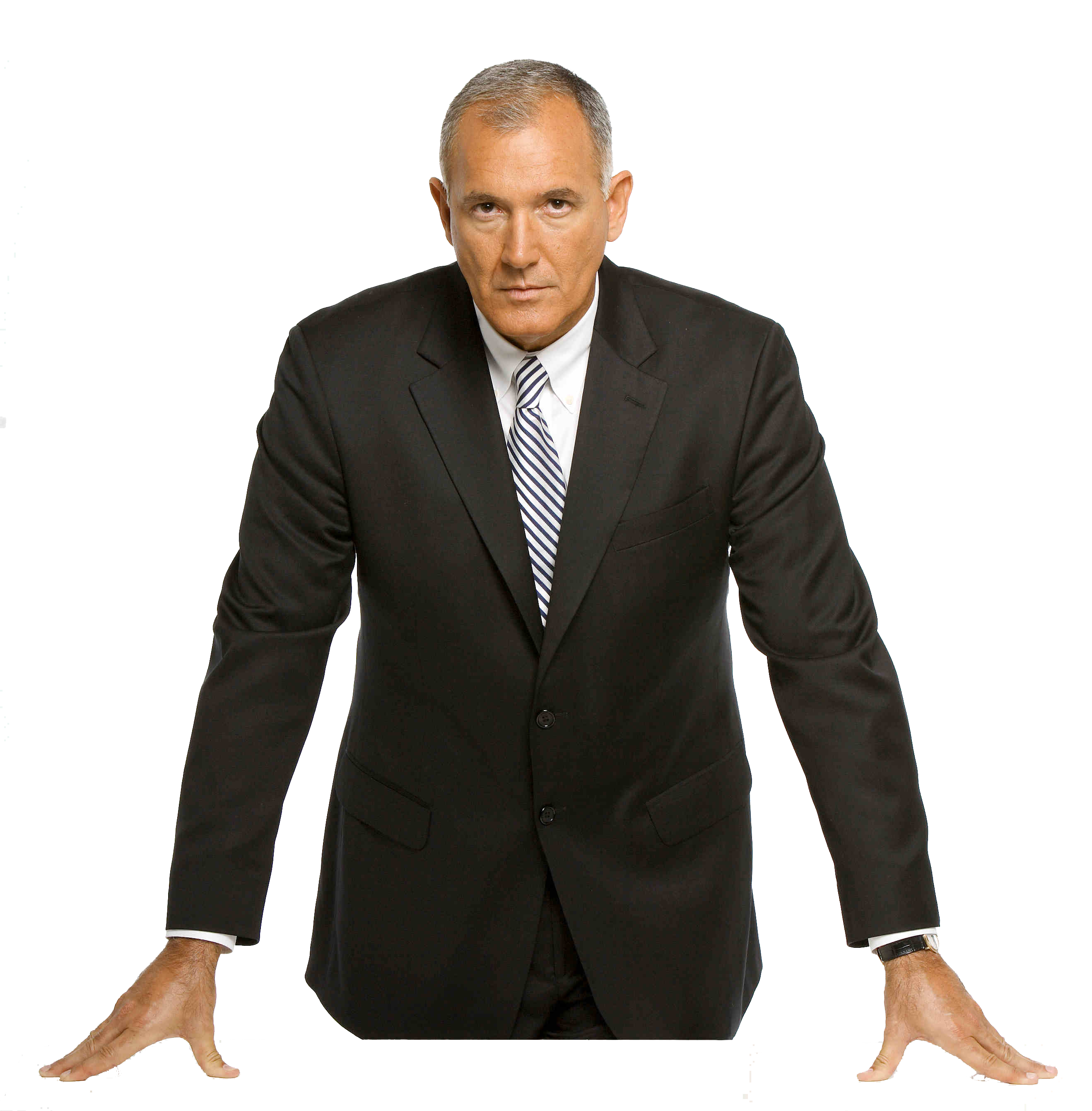I found an article on the Perception of Time and "anticipated duration". The article asks the question: "Ever noticed how the more you look forward to something, like Christmas, the longer it takes to arrive but the exams you dreaded came only too quickly?" It can be said the same for waiting for the kettle to boil the water. I want the tea and know that boiling water doesn't take very long, but I feel as if the boiling process takes an hour. I also believe that the instant gratification world that we live in has had an effect on our perception of time. We are so used to expecting outcomes instantaneously the more and more we use instant delivery options (iTunes, Email, Netflix). When occupational delivery (USPS, UPS, Fed-EX) is compared to Email, an obvious assumption that the duration of delivery differs drastically.
The perception of time for an anticipated duration can change the mood if the package you ordered was delayed due to a holiday, customs checks, and in the worst case, if they loose your package. You feel at a loss and sometimes an offense to you. This is why I can see that the perception of time can influence mood.
The TELEGRAPH Article:
Richard Alleyne
The researchers at the Paris School of Economics found that different types of anticipation for an event affected how long people felt it took to arrive - what is technically called its "anticipated duration".
The feeling that you "can't wait for something" actually made it appear to take longer to come. The dread of a task, on the other hand, makes time appear to fly.















